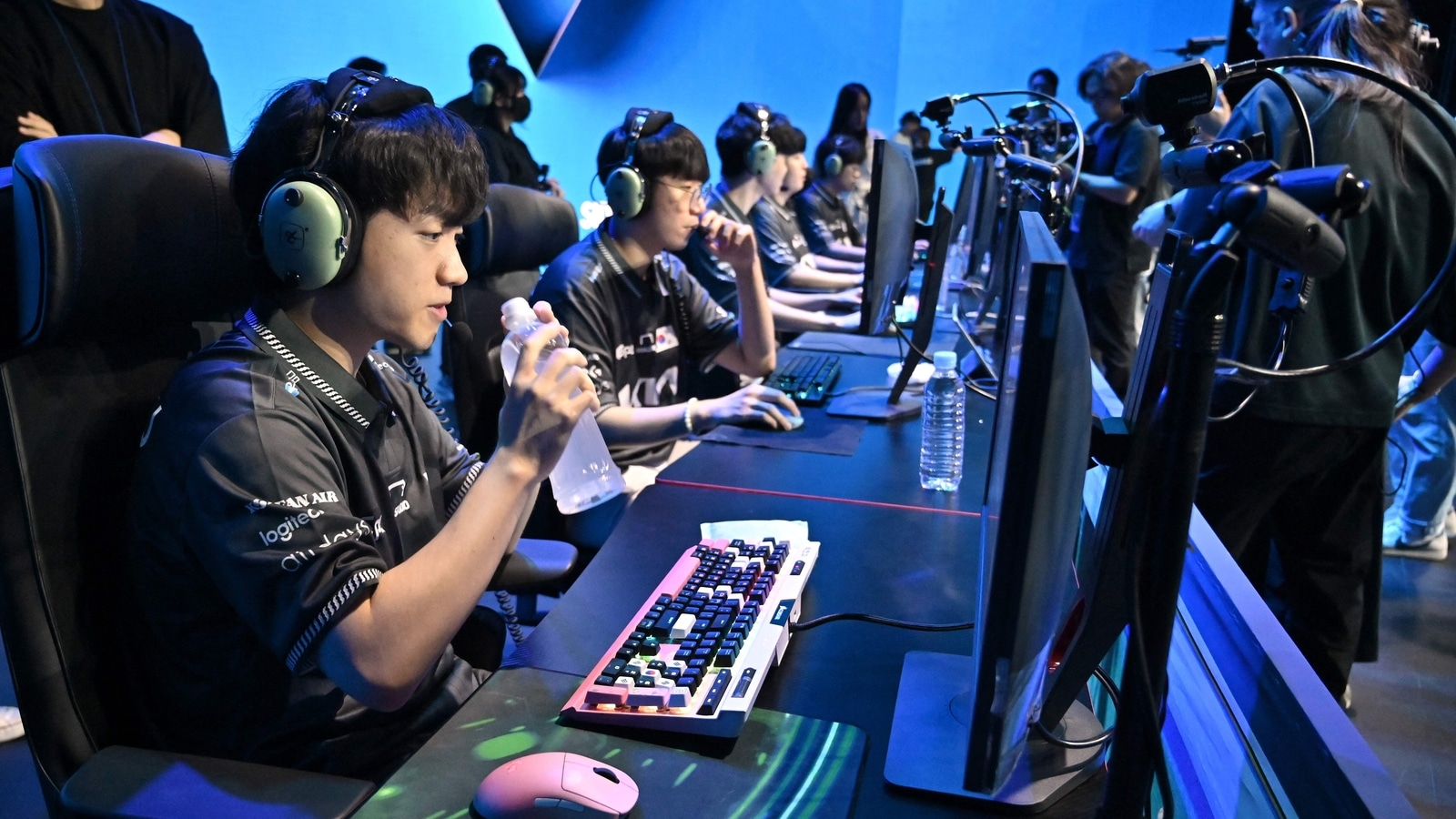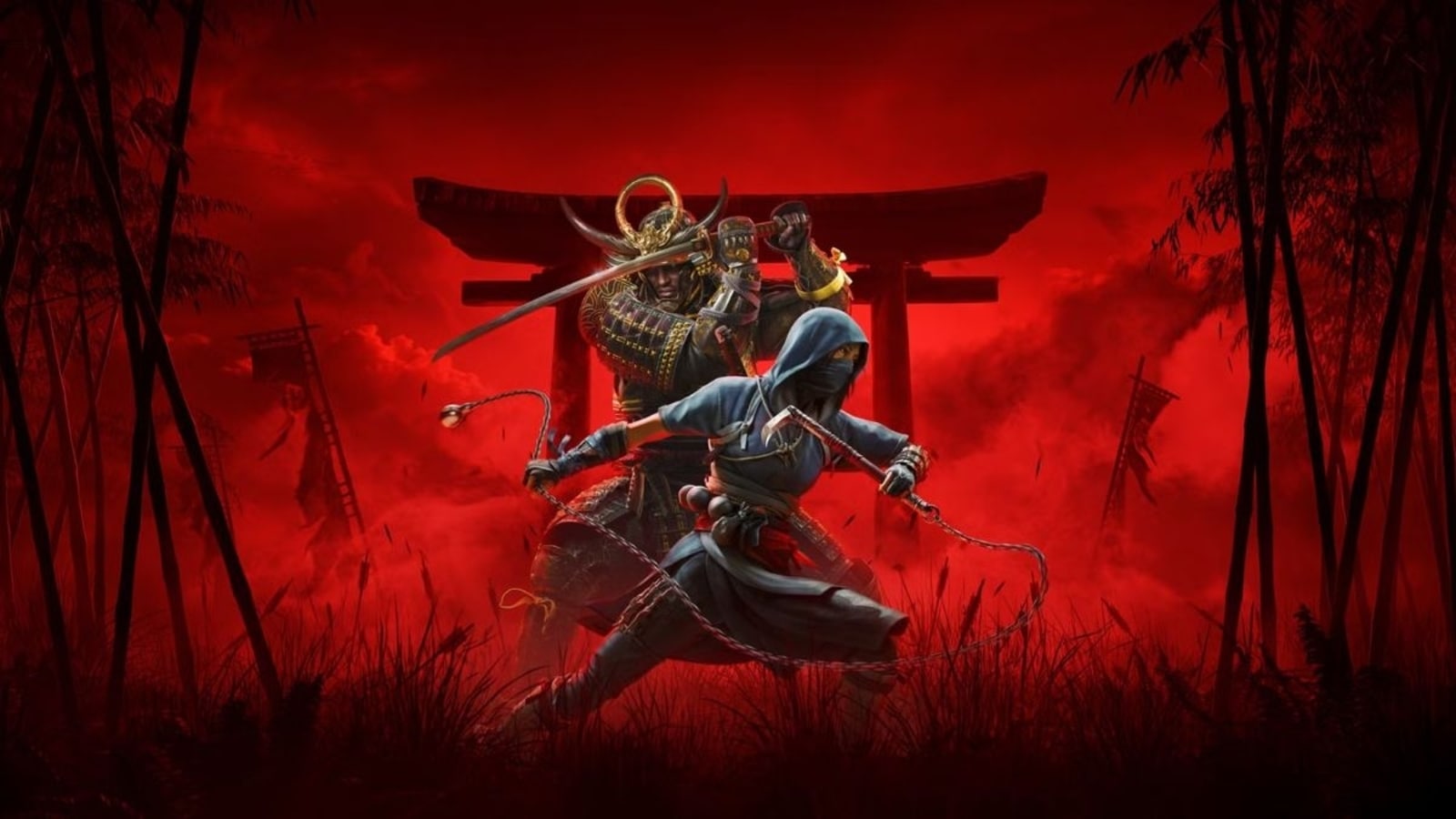The world of online gaming takes its place this year at the Asian Games as an official event for the first time, with gold medals in play across seven top titles.
The Asian Games has long featured other so-called “mind games,” like bridge and chess, so it’s not surprising that extremely popular — and lucrative — esports are being added to the lineup.
Teams from more than 30 countries are taking part, with South Korea and host China expected to dominate what is anticipated to be one of the most watched events of the two-week Asian Games.
The competition features five PC games and two mobile games, covering both multiplayer online battle arena, or MOBA, and single-player genres.
The lineup consists of: League of Legends, Arena of Valor Asian Games Version (also known as Honor of Kings); Peace Elite Asian Games Version (also known as PUBG Mobile); Dota 2; Dream Three Kingdoms 2; Street Fighter V: Champion Edition; and EA Sports FC (also known as FIFA Online 4).
Competition forms vary with the genre but gold medals will be awarded for each game.
There’s even more at stake for the South Korean players, like Lee “Faker” Sanghyeok, known by many as the League of Legends G.O.A.T. — Greatest Of All Time — where winning a gold medal at the Asian Games also wins one an exemption from otherwise compulsory military service for men.
Esports was first featured at the last Asian Games in Jakarta, Indonesia, as a demonstration sport and proved incredibly popular.
Newzoo, a research company that specializes in tracking the global games market, projected in its annual analysis released last month that the number of players worldwide will reach 3.38 billion in 2023, up 6.3% year-on-year, with mobile gaming contributing to most of the growth. It expects 3.79 billion players by the end of 2026.
Annual revenues are expected to grow 2.6% to $187.7 billion, with 46% from the Asia-Pacific region, followed by 27 % from North America and 18% from Europe. The strongest growth, however, was seen in the Middle East and Africa.
There’s more to gaming crossover than esports showing up in the Asian Games competition. Newzoo notes the success of movies and shows derived from video games, like the Super Mario Bros. Movie and HBO’s The Last of Us series.
“Gaming is now fully embedded in the mainstream,” the company said in its report.
“With each younger generation, gaming engagement increases; as current players age and new players enter the fold, player numbers will continue to rise.”
Despite being a competition event at the Asian Games now, however, the possibility of esports making it to the Olympics is still an open question.
The International Olympic Committee has looked longingly at the potential of video gaming and virtual sports to help attract and stay relevant with young audiences. That goal saw skateboarding and surfing debut at the Tokyo Olympics held in 2021 and breakdancing joins them at the 2024 Paris Olympics.
However, some long-established aspects of video gaming culture are not welcome in the Olympic family.
“We have to draw a very clear red line in this respect,” IOC president Thomas Bach has said, “and that red line would be e-games which are killer games or where you have promotion of violence or any kind of discrimination as a content.”
The IOC created a formal esports commission this month and its focus is on virtual sports, such as cycling on a stationary bike that replicates the demands, for example, of riding a mountain stage at the Tour de France.

























